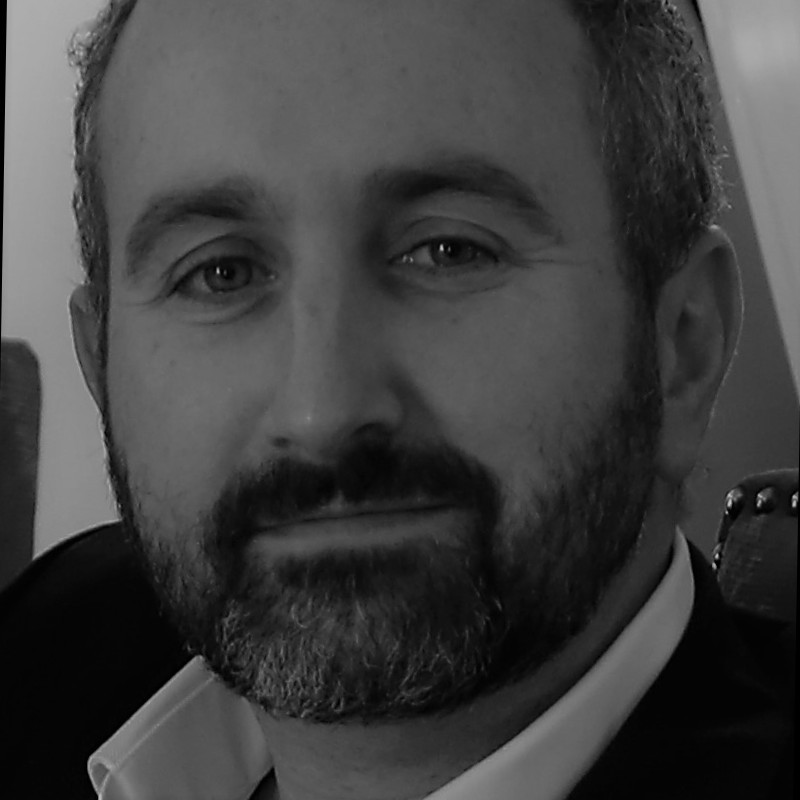The Evolution and Challenges of the HR Director Role and Chief People Officer Role
March 24th 2025 | Posted by Mark Geraghty
The HR Director role and Chief People Officer role have undergone a seismic shift in recent years, evolving from back-office operational specialists to strategic partners at the heart of organizational success.
This transformation has been accelerated by the COVID-19 pandemic, geopolitical and economic volatility, shifting workforce expectations, and rapid advancements in technology, particularly artificial intelligence (AI).
Today, Chief People Officers (CPOs) and HR Directors are not only responsible for foundational HR operations but also play a critical role in shaping organizational strategy, culture, and talent management. As the business landscape continues to evolve, these leaders face unprecedented challenges and opportunities, requiring them to reinvent their functions and themselves in real time.
The Strategic Evolution of the HR Leader
The HR function was once focused on operational tasks like payroll, benefits, and labor negotiations. Today’s Chief People Officer (CPO) goes far beyond this, playing a pivotal role in attracting and retaining top talent, aligning organizational design with strategy, and creating a strong workplace culture. The shift from Chief Human Resources Officer (CHRO) to CPO highlights this expanded, people-centric mandate.
Modern CPOs must now balance operational excellence with driving strategic initiatives that shape the entire organization. They are systems thinkers who tackle complex issues such as workforce planning, leadership development, and organizational change.
Key Challenges Facing CPOs
Our discussions with over 50 CPOs from Fortune 500 and FTSE 350 companies have highlighted five critical challenges reshaping the role of HR leaders:
Building Capabilities and Capacity for Strategic Impact
CPOs must develop the skills and resources needed to meet the new strategic mandate. This includes encouraging digital literacy within the HR function, leveraging data and AI for predictive analytics. Furthermore, re-evaluating approaches to sustainability and diversity, equity, and inclusion (DEI) are crucial.
The HR function must also shift its talent mix to include more individuals with strong digital skill sets to keep pace with technological advancements.
Developing Agility in Leadership and Workforce Management
CPOs need to take a long-term perspective on leadership pipelines and workforce planning while remaining agile enough to respond to rapid market shifts. This includes addressing generational shifts, reskilling needs, and the potential of more fluid labor markets. A significant pain point is the disconnect between leadership development and succession planning, with many organizations lacking confidence in their ability to prepare future leaders.
Navigating Change in a Cost-Constrained Environment
CPOs are tasked with guiding their organizations through technological advancements, such as AI, while maintaining employee well-being and preventing burnout. This requires balancing innovation with stability, particularly in an era of “permacrisis” marked by geopolitical instability, climate crises, and economic volatility.
Addressing Generational and Workforce Megatrends
The rise of Gen Z, the growing preference for remote and hybrid work, and the increasing use of gig workers are forcing CPOs to rethink talent management strategies. They must balance the demands of younger workers with the needs of older generations while maintaining resilience and inclusivity across the workforce.
Mastering AI, Technology, and Data-Driven Decision Making
AI and other emerging technologies are transforming HR operations and decision-making processes. However, many organizations struggle to adopt these tools quickly enough due to a lack of expertise. CPOs must not only leverage AI to enhance productivity but also manage its risks, such as workforce displacement and the need for retraining.
The Role of Executive Headhunters in Supporting CPOs
As CPOs navigate these challenges, executive headhunt firms like Executive Recruit play a crucial role in identifying and securing the talent needed to drive organizational success. The evolving nature of the CPO role requires leaders who are not only adept at traditional HR functions but also possess strong business acumen, strategic thinking, and digital literacy.
Executive headhunters can help organizations find CPOs who can act as true business partners, capable of shaping the top line and driving long-term growth.
Preparing for the Future: Three Focus Areas for CPOs
To thrive in 2030 and beyond, CPOs must focus on three key areas:
Driving Impact with Leadership Liquidity and a Dynamic Workforce
CPOs must create more fluid employment models that align with workers’ expectations and strategic needs. This includes developing leaders who are curious, agile, and eager to innovate, as well as leveraging interim executives to pilot new roles and capabilities.
Channelling Innovation and Enhanced Productivity with AI
CPOs should lead their organizations in adopting AI to streamline HR operations, enhance decision-making, and free up time for strategic initiatives. They must also support other functions in leveraging AI effectively while managing its risks.
Resilience and Inclusion
Building a resilient and inclusive workforce is critical to navigating ongoing volatility. CPOs must encourage healthy dialogue, expand wellness programs, and ensure transparency about growth opportunities.
The role of the CPO has never been more critical – or more complex. As organizations grapple with rapid change and uncertainty, HR leaders must reinvent their functions to deliver strategic value and drive long-term success. By addressing the key challenges outlined above and partnering with executive headhunt firms like Executive Recruit, CPOs can position themselves and their organizations to thrive in the future.
The journey ahead will require innovation, agility, and a relentless focus on people – but for those who rise to the challenge, the rewards will be transformative.




